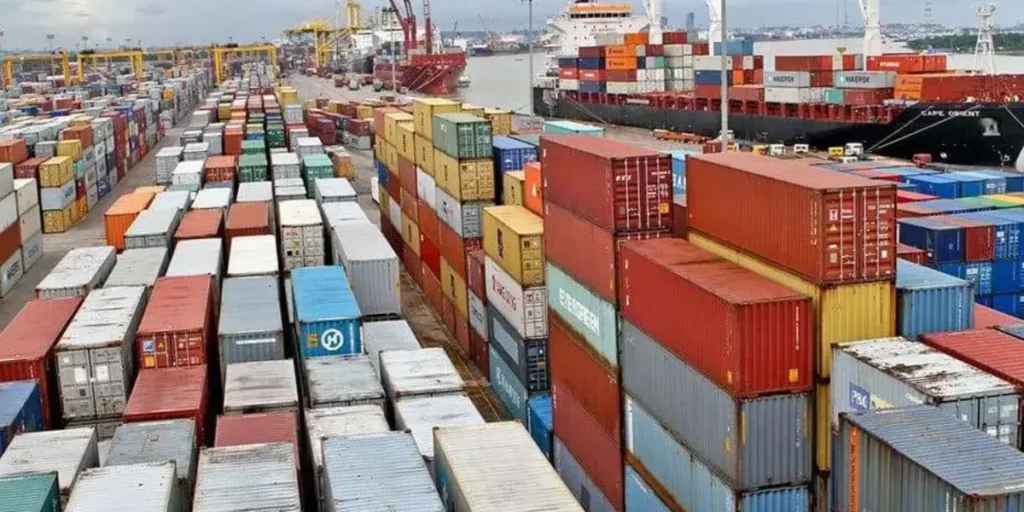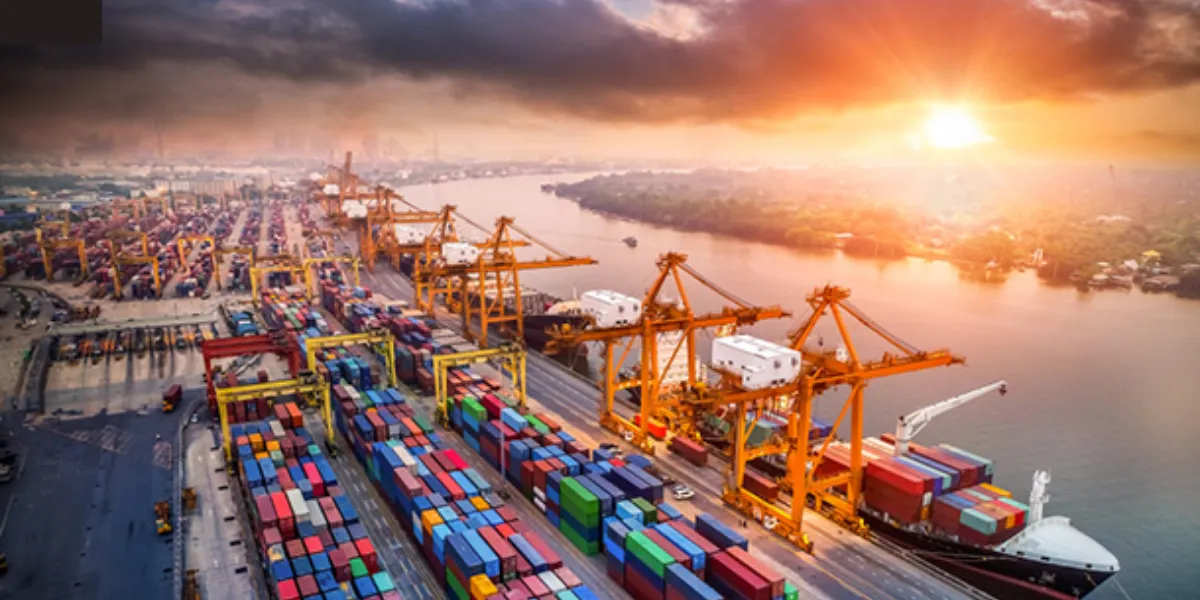How to Contact Customs for Packages
Dealing with customs when shipping or receiving packages internationally can be a complex and sometimes daunting process. Whether you’re waiting for a parcel or need to resolve an issue with customs, knowing how to contact them is essential. In this guide, we’ll provide you with valuable insights and tips on how to reach out to customs authorities effectively.
Understanding the Role of Customs
Before we delve into the process of contacting customs, it’s essential to understand their role. Customs authorities are responsible for regulating the flow of goods in and out of a country, ensuring compliance with import and export laws, and collecting relevant duties and taxes.
Why Contact Customs?
Package Status Enquiries : One common reason to contact customs is to inquire about the status of your package. You may want to know where your shipment is, whether it’s held up, or if any additional documentation is required.
Customs Duties and Taxes : If you receive a notice regarding customs duties and taxes, you may need to contact customs to understand the charges, request clarification, or dispute the fees if you believe they are incorrect.
Research the Specifics
Before reaching out to customs, gather essential information about your package and the customs procedures in your country.
Package Details
- Tracking Number: Locate and have your package’s tracking number ready. This is crucial for customs to trace the shipment.
- Item Description: Know the contents of your package and their value, as this information may be required by customs.
Customs Regulations
- Tariffs and Duties: Familiarize yourself with the import/export tariffs and duties in your country. Customs may charge these fees based on the nature and value of the goods.

Contacting Customs
Now that you have the necessary information, it’s time to get in touch with customs. Here’s how:
Customs Website
Visit the official customs website of your country. Most customs agencies have a dedicated section for inquiries and contact information. Look for a “Contact Us” or “Help” option.
Contact Numbers
Find the appropriate contact numbers for customs inquiries. This may include a general customer service line or specific departments dealing with customs clearance.
Send an email to the customs agency, if provided. Ensure your email clearly states your inquiry and includes all relevant details about your package.
Visit in Person
In some cases, especially for complex issues, visiting the local customs office in person may be the most effective way to resolve problems.
Communicating Effectively
When contacting customs, it’s crucial to communicate effectively to get the desired results.
Be Clear and Concise
- Clearly state your query or issue.
- Provide all necessary details.
- Use polite and professional language.
Follow Up
If you don’t receive a response within a reasonable time frame, follow up. Persistence can often lead to quicker resolutions.
Resolving Common Issues
Sometimes, packages may encounter issues with customs. Here are some common problems and how to address them:
Delayed Shipments
- Contact customs to inquire about the cause of the delay.
- Provide any requested documents promptly.
- Consider hiring a customs broker for assistance.
Customs Duties Dispute
- Carefully review the customs duties notice.
- If you disagree, contact customs to dispute the charges.
- Provide evidence and documentation to support your claim.
Contacting customs for packages can be a crucial step in ensuring a smooth and timely delivery process. By understanding the procedures, researching the specifics, and communicating effectively, you can navigate customs-related issues with confidence. Remember to stay informed about customs regulations in your country and be proactive in addressing any concerns that may arise during the shipping process.
Custom Packaging UK
Custom packaging UK offers businesses a unique branding opportunity. Tailored to specific product dimensions and branding elements, it not only enhances product protection but also leaves a lasting impression on customers. With a wide range of materials and design options, businesses can create packaging that reflects their identity, making their products stand out in a competitive market.






